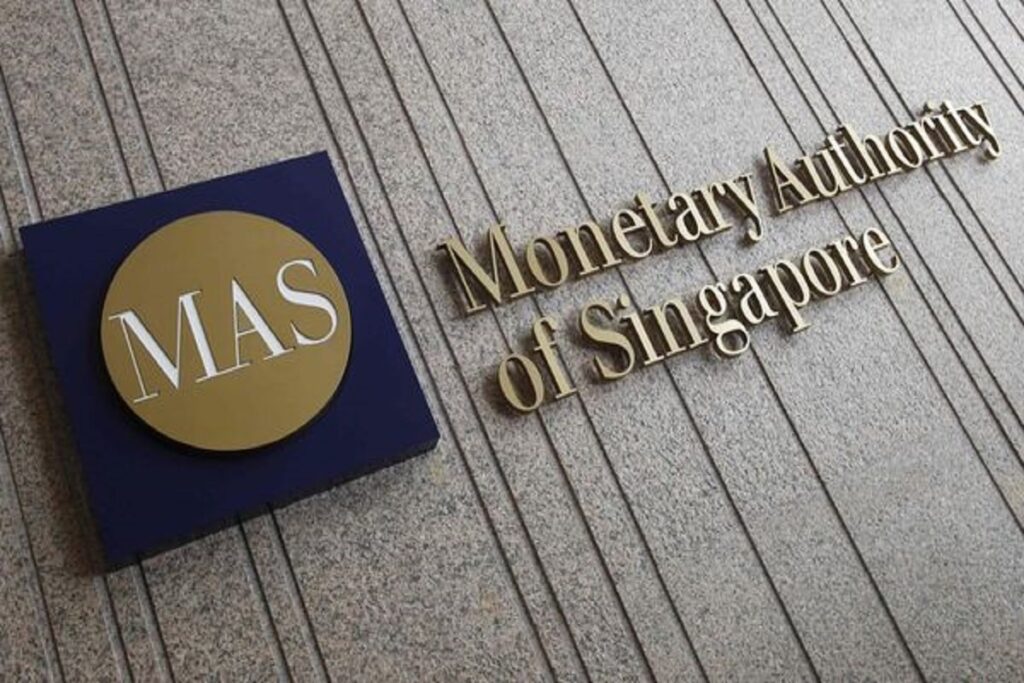The Monetary Authority of Singapore recently amended the Payment Services Act to enhance the regulation of cryptocurrencies.

Singapore has generated significant attention in the cryptocurrency industry once more with its most recent initiative to strengthen the regulatory framework surrounding digital assets.
Significantly, to bolster user protection, the Monetary Authority of Singapore (MAS) has introduced crucial amendments to the Payment Services Act, encompassing cryptocurrencies within its regulatory scope.
Notably, this action represents a substantial advancement towards widespread adoption and regulatory clarity within the realm of cryptocurrencies.
MAS Revises Crypto Payments Regulation
By amending the Payment Services Act, Singapore’s MAS has expanded its authority to oversee digital payment tokens (DPTs) and guarantee user security.
Commencing April 4, 2024, the revised regulations stipulate that the Monetary Authority of Singapore (MAS) shall supervise various activities, such as the custody of DPTs, inter-account transmissions, and international money transfers.
Meanwhile, the amendments confer authority upon MAS to enforce obligations on counter-terrorism financing (CFT) and anti-money laundering (AML) on DPT service providers.
To continue operations following transitional arrangements, entities engaging in DPT-related activities must notify MAS within 30 days and submit a license application within six months.
The regulatory amendments enhance transparency and responsibility within Singapore’s crypto domain, thereby building trust among businesses and investors.
The strict enforcement of anti-money laundering (AML) and (CFT) protocols by DPT service providers under MAS supervision serves to bolster the sector’s credibility and reduce the potential hazards linked to unlawful undertakings.
How Will The Amended Regulation Impact Crypto Businesses & Investors?
A commitment to security for consumers and financial stability in the cryptocurrency sector is demonstrated by the implementation of safeguarding regulations for customer assets.
By instituting stringent security measures and segregating customer assets, MAS hopes to increase participation in the burgeoning digital payment services industry.
Meanwhile, several authorities regard Singapore’s proactive stance surrounding the regulation of cryptocurrency payments as evidence of the country’s dedication to promoting development while preserving its fiscal integrity.
The revised Payment Services Act represents a substantial turning point in the progression of digital finance, establishing an international standard for regulatory frameworks.
Conversely, recent events in Singapore demonstrate the country’s endeavors to regulate digital assets and cryptocurrencies.
Singapore has recently demonstrated its dedication to the regulation of digital assets by granting OKX Exchange its most recent major payment institution (MPI) license.
Meanwhile, this momentous achievement not only solidifies OKX’s position as a market leader in Singapore but also enhances the exchange’s standing among authorized cryptocurrency platforms in the area.
Additionally, the endorsement demonstrates Singapore’s forward-thinking stance on adopting cryptocurrencies and represents a progression in the establishment of a strong regulatory structure.
